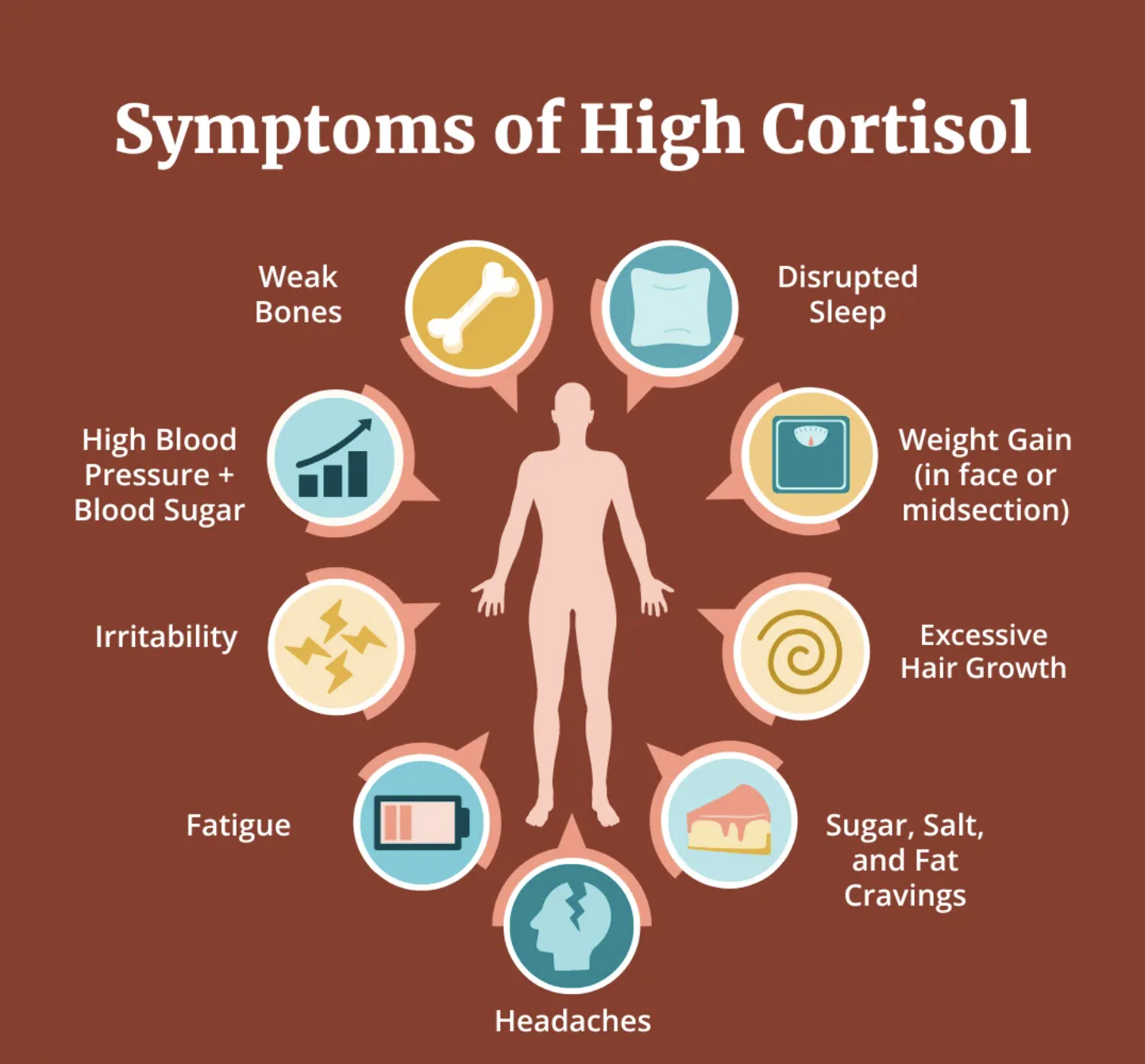Whether you want to know about the latest trends in skincare, beauty treatments, compounding, or overall wellness, we’ve (probably) covered it! Be sure to check back regularly for any new posts - thank you for joining us on this journey to a happier, healthier, more beautiful you!
Looking for a specific topic? ↓
Don’t know where to start? Try searching: compounding | skincare | Morpheus8
The Difference Between Eating Less vs. Eating Right
When people want to lose weight, the first thought is often to eat less. Cutting back on food feels like the fastest way to see results. But here’s the truth: eating less is not the same as eating right. And if your goal is long-term health and weight loss, what you eat matters just as much as how much you eat.
Fiber + Fluids: The Secret Sauce to Avoiding GLP-1 Side Effects
If you are taking a GLP-1 medication, you may have noticed some side effects. The most common ones are constipation, bloating, or nausea. While these can feel uncomfortable, there is good news. The right mix of fiber and fluids can make a big difference in how your body feels.
The Ideal Day of Eating on a GLP-1
If you are taking a weight loss medication, you may be wondering what a typical day of eating should look like. The truth is, these medications can help you feel fuller faster, but it is still important to focus on balanced meals that support your health and weight goals.
Why You Might Still Feel Hungry on a GLP-1—And What to Do About It
Still Hungry? You’re Not Alone
GLP-1 medications are known for helping people feel fuller longer. But what if you’re still hungry? Don’t panic—this is more common than you think.
How to Stop Self-Sabotaging Your Progress on GLP-1
Starting Semaglutide (like Ozempic or Wegovy) can feel like turning a new page in your weight loss journey. The medication helps reduce your appetite and cravings, which gives you a head start. But if you're still stuck in some old habits—like skipping meals, emotional eating, or not moving enough—you might slow down your own success without realizing it.
This is called self-sabotage—and it happens more often than you think.
Emotional Eating on GLP-1s: The Craving You Can’t Blame on Hunger
GLP-1 medications like semaglutide (Ozempic, Wegovy) and tirzepatide (Mounjaro, Zepbound) are great at controlling physical hunger. But what about emotional hunger—the kind that makes you reach for chips when you’re stressed, bored, or sad?
If you're still craving comfort food even when you're not physically hungry, you're not alone. Emotional eating can stick around, even when your appetite is under control.
What Does GLP-1 Really Do to Your Hunger Hormones?
Wondering why your appetite feels totally different on GLP-1 meds? It’s not magic—it’s science.
Many people struggle with hunger and cravings, making weight loss feel impossible. Regular diets don’t fix the real issue: your hunger hormones.
How Cortisol Impacts Weight Loss and How Our Program Helps
If you’ve been trying to lose weight but feel like your body is fighting you, stress could be the reason. More specifically, a stress hormone called cortisol might be making your progress harder than it needs to be.
GLP-1 Meds Quiet Your Appetite—But Can They Heal Your Relationship with Food?
GLP-1 medications like Semaglutide and Tirzepatide are changing how many people feel hunger. They make you feel full faster and help you eat less. Sounds great, right? But weight loss isn’t just about hunger—it’s also about how we think and feel about food.
Why Your Metabolism Isn’t Broken—It’s Just Misinformed
While on a GLP-1 medication, your metabolism can shift in several ways. These medications mimic a natural hormone that helps regulate blood sugar and appetite, leading to reduced hunger, slower gastric emptying, and lower calorie intake. As you lose weight, your resting metabolic rate may also decrease slightly—this is a normal response as your body adjusts to a smaller size and lower energy needs. However, GLP-1s help counteract some of the usual metabolic slowdowns by supporting better insulin sensitivity and glycemic control. To keep your metabolism strong while on a GLP-1, it's important to maintain lean muscle through strength training, stay hydrated, eat enough protein, and stay consistent with your movement throughout the day.
You’re on a GLP-1 But Still Have Cravings at Night? Here’s What’s Really Going On
GLP1 agonists target GLP1 which is an incretin hormone that helps lower blood sugar by
triggering insulin. This in turns slows down how quickly the stomach empties, making you
feel fuller longer – ultimately decreasing appetite leading to weight loss.












